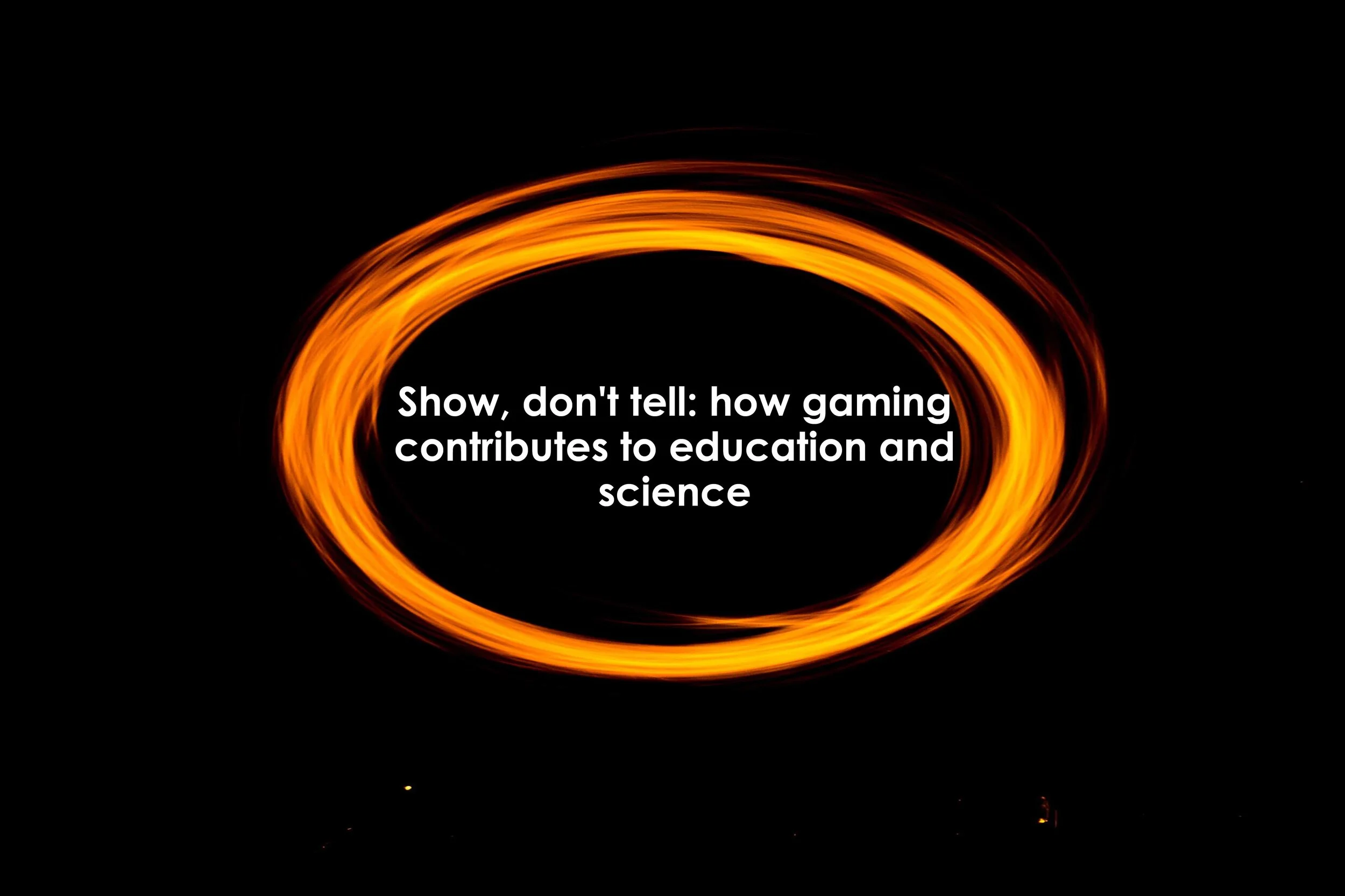Show, don't tell: how gaming contributes to education and science
Show, don't tell: how gaming contributes to education and science
Show, don't tell: how gaming contributes to education and science
June 3, 2021
Summary
Sports 'games' were created to get people to train and keep fit, board games like chess were made to educate soldiers on war strategies, and card games were used to help teach math.
Turtle Academy released one of the first real educational games called Logo Programming back in 1967 to teach people how to program.
Nowadays, video games are actively used in educational, training, and even science experiments to help engage participants.
On UK children found that gaming can make kids more creative.
The study also found that playing video games can help young people relate to others better, with 65% saying that gaming helped them imagine being someone else.
Microsoft's Flight Simulator, which teaches players what it's like to fly a plane, topped the PC gaming charts last year, raking in over two.
Teachers, scientists, and businesses around the world have already begun to tap into the positive feeling that players receive from games and have been using this to encourage learning and development through gaming.
Like these institutions, gaming presents advertisers with a unique opportunity.
Gatorade created a SnapChat game to tie in with the launch of the US Open, Netflix released an endless runner game where players assume the role of characters from popular Netflix shows, and Metro Trains Melbourne released a game to help teach players about health and safety while using their service, which went on to be a surprise hit, even prompting a sequel.
Previously, advertising in games was expensive, and required big budgets, especially if you had to hire a team to write and create your own game.
Reference
Show, don't tell: How gaming contributes to education and science. (2021, June 03). Retrieved August 27, 2021, from https://www.thedrum.com/news/2021/06/03/show-dont-tell-how-gaming-contributes-education-and-science


